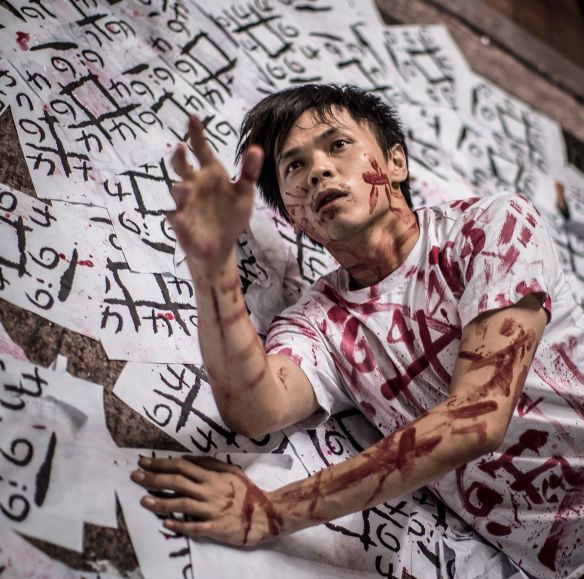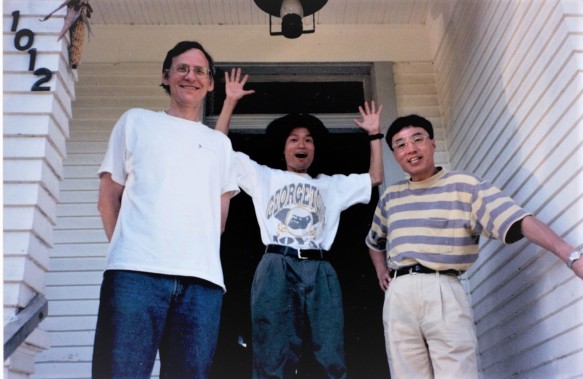
As part of its feature on Hong Kong writing, guest-edited by Tammy Ho–featuring writing by Xi Xi 西西 as translated by Jennifer Feeley, poetry by Chris Song 宋子江, and more–World Literature Today has published my translation of “Dwelling Poetically in Hong Kong,” by Bei Dao 北島, published originally in 2010.
“Dwelling poetically” comes from Heidegger. “In short,” Bei Dao explains, “to dwell is the state of being of the human, while the poetic is the attainment via poetry of a spiritual liberation or freedom; therefore, to dwell poetically is to search for one’s spiritual home.” Such thinking inspired Bei Dao to launch the Hong Kong International Poetry Nights, which he explains in the piece.
Bei Dao began Poetry Nights to cure an ill he diagnosed in the youths of Hong Kong. He writes:
Because I teach, I have a lot of contact with the youth of Hong Kong. And I worry for their generation. They were born on a production assembly line—their whole lives are determined for them in advance. This assembly line has the look of being safe and reliable, but their creativity and imagination have been hijacked—by capital, by their fathers, by the media, by the internet; they have no curiosity, no vision, no desire to read or to learn, no independence, no ability to express themselves, yes, none whatsoever. I have no doubt that this is a contributing factor to the high suicide rate of youths in Hong Kong, a contributing factor to the pervasiveness of psychological complexes among the youth of Hong Kong.
After this piece circulated online, I noticed that some were not happy with Bei Dao’s characterization of the youth of Hong Kong. I thought his judgment could use some contextualization, so Tammy Ho and I decided that as translator I should append a note, special for the online edition. I wrote:
Bei Dao wrote “Dwelling Poetically in Hong Kong” in 2010, two and a half years after moving to Hong Kong and not long after what would be the first of the International Poetry Nights in Hong Kong—a poetry festival that has helped change the cultural reputation of this city. At one point Bei Dao strikes a sour note about the youth of Hong Kong, whom he knew as his students. Much has changed in Hong Kong since he wrote this piece—the activation of the younger generation’s political engagement with Occupy Central (2014), or what was known as the Umbrella Movement, but also Bei Dao’s International Poetry Nights, which have taken place biennially since 2009. If his critique of students now rings false, then, to a certain extent, Bei Dao himself is partially to thank for that.
Click here to read the piece in full.








